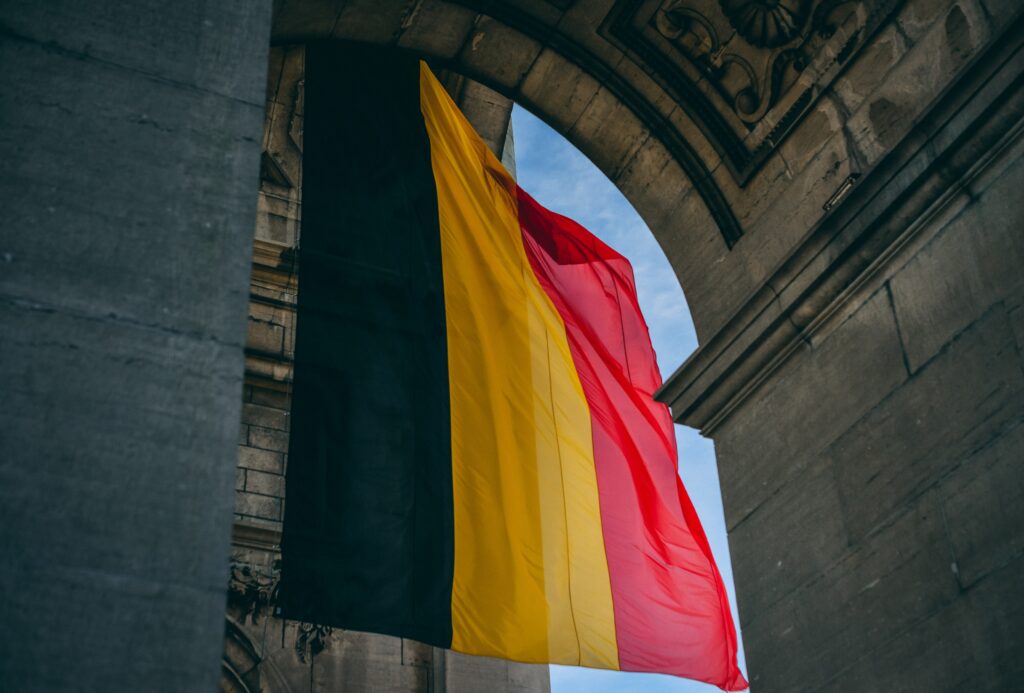Belgium: a major pharma valley in Europe
30 November 2020

Belgium is one of the leading countries in the European pharmaceutical industry with around 37.000 direct jobs created and a share of one third in the total Belgian exportations[1]. The (bio)pharmaceutical market accounted for €5.401m EUR at the beginning of 2019 in Belgium with a growth rate of 7.1% mainly coming from the hospital channel. While the largest part of the growth in hospitals comes from original products, generics performed much better in the retail channel[2]. The market is fragmented but the top 20 companies account for 63% of the market share.
Belgium is a major pharma valley in Europe. The country is indeed number one in Europe in terms of R&D pharmaceutical investment per inhabitants. This could be explained partly by a fiscal environment designed to attract R&D.
Among others, Belgium offers specific tax incentives such as:
- An Investment deduction for R&D: R&D related investments in patents or assets can benefit from a specific deduction that can be converted into a tax credit under certain conditions.
- A payment exemption of 80% of personal income withholding tax of researchers: companies that employ researchers can benefit from this special exemption up to 80%.
- An innovation income deduction up to 85% of a firm’s net earnings from innovation.
With a total of 3,8 billion EUR invested in R&D in 2019, pharmaceutical companies invest more than 10 million per day!
While the major part of regulation of this industry is managed at the European level they are a few important institutional actors in Belgium:
- The federal agency for medicines and health products (https://www.famhp.be/en) is dealing with market authorization, manufacturing standards, …
- The Federal Minister of Economy is responsible for price regulation (https://economie.fgov.be/fr/propos-du-spf-economie).
- The Drug reimbursement commission and the Federal Minister of Social Affairs are responsible to fix the price of reimbursement.
- The Belgian Intellectual Property Office is working with the European Patent Office on property right and patent.
A constantly evolving industry
The Belgian pharma market is constantly evolving with new policies decided every year at the Belgian level such as the liberalization of the distribution network for medical devices (Feb 2019) or the creation of the Federal Observatory of Biopharmaceutical sector in 2018.
Until Jan 2019, the distribution and sale of certain medical devices has been limited to defined healthcare organizations and the distribution of active medical devices was limited to hospital pharmacists. With the liberalization, supermarkets and manufacturers are now able to dispense their medical devices directly to patients and healthcare professionals if they comply with the same levels of quality and safety. This means that any new distributors will have to be registered with the Federal Agency for Medicines and Health Products. This new legislation concerns for instance: sterile medical equipment, sterile injection, implantable medical devices, …
The capital of vaccine
In Wavre, the company GSK has implemented one of the biggest sites in the world for vaccine production: more than 2.5 million vaccines per day for patients in 170 countries. This is the result of an important collaboration between major scientists: at the end of the Second World War, Pieter De Somer and Christian De Duve founded the company R.I.T. (Research and Therapeutic Industry) in Rixensart to produce penicillin. The first antibiotic in the world, this drug will save many lives. The polio vaccine will follow in the 1960s. After several acquisitions, R.I.T. becomes GSK (GlaxoSmithKline) in 2000[3].
A growing market
The Belgian ecosystem includes many highly specialized research centers, recognized university hospitals and tax incentives for innovative sectors such as the pharma industry.
The country is the second largest exporter of pharma products in Europe with almost 50 billion euros exported in 2019. Taking into account indirect jobs, a total of 120.000 people are working for this dynamic sector in Belgium[4].
A few other key trends in the market[5]:
- An annual growth of 13% of jobs created between 2015 and 2019.
- Jobs almost equally distributed between gender.
- 90% of the companies are SME’s.
- R&D investment has increased by 50% from 2015 to 2019.
- Exportations have increased by 16,3% in one year from 2018 and 2019.
- Half of the exports go to the European Union
[1] https://trends.levif.be/economie/entreprises/a-qui-appartient-la-belgique-le-medicament-c-est-par-nature-un-marche-mondial/article-normal-1169417.html
[2] Global, European and Belgian pharmaceutical market trends. February 2019. Prepared for CIB, available on : https://www.cib-pharma.be/uploads/global-european-and-belgian-pharmaceutical-market-trends-2019-final1552840137.pdf
[3] https://www.essenscia.be/fr/les-grands-jalons-de-lindustrie-chimique-et-pharmaceutique-belge/
[4] http://www.wallonie-bruxelles.tn/fr/actualites/le-secteur-pharmaceutique-en-belgique-faits-chiffres-tn
[5] « Le secteur bio-pharmaceutique belge incubateur de nouveaux vaccins et traitement » Chiffres pharma 2019 disponible sur www.pharma.be
Olivier Colin
European Pharma Partner
